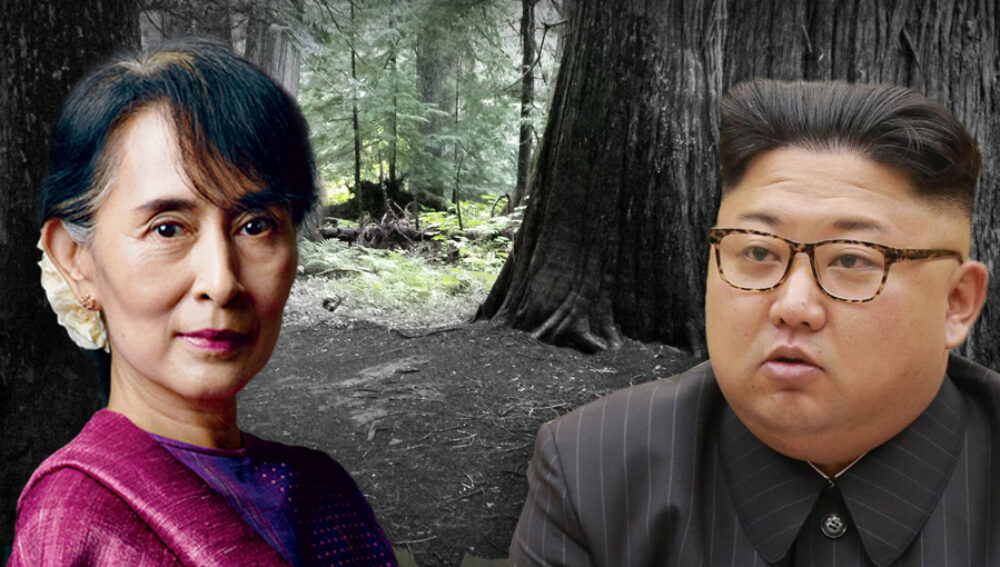Myanmar and North Korea were Asia’s pariahs. Both countries emerged from colonial rule to face immediate and existential security threats. Myanmar feared that internal insurgents would tear the country apart. North Korea was competing for legitimacy against South Korea and its superpower ally the United States, which at the time occupied half of what Pyongyang considered to be its rightful territory.
In the post-Cold War era, both states found themselves sanctioned and isolated from the global economy and plagued by poverty caused by mismanagement and self-imposed attempts at autarky. They faced condemnation and pressure from the West while becoming over-reliant on China both strategically and economically.
One country found its way out of isolation, while the other has remained a global pariah. What explains these divergent paths?
There is one main structural reason. Myanmar was, unlike North Korea, able to address its core security threat in the 1990s. It then had the space to engineer a transition towards a more open system, which addressed the reasons for its censure.
Please click here to read the full “Pathways from pariah for Myanmar and North Korea” article at East Asia Forum by Griffith Asia Institute Adjunct Research Fellow, Dr Andray Abrahamian.








